In many cases, by documenting the way settler colonial power ascends to unquestioned normalcy and recirculates as natural and given, the decolonizing project becomes one of suggesting counter realities or
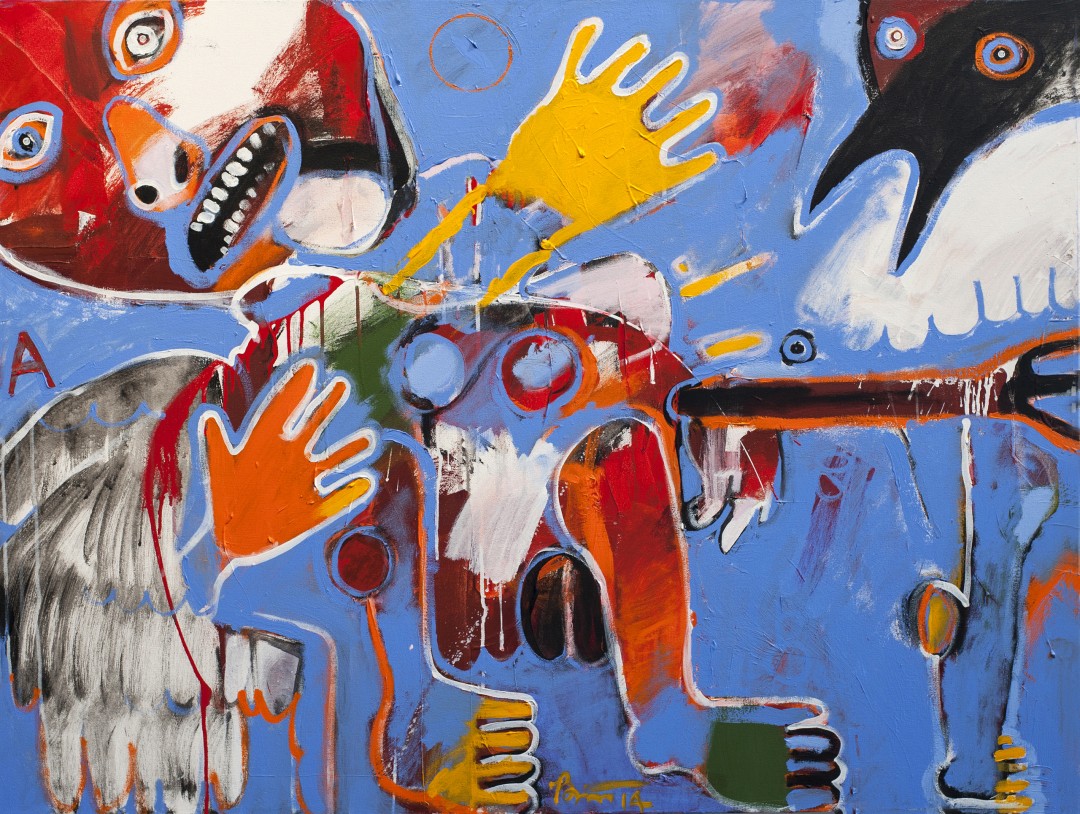

CRITICAL THEORY | SOCIAL ANALYSIS | POLITICAL PHILOSOPHY AND THEOLOGY

In many cases, by documenting the way settler colonial power ascends to unquestioned normalcy and recirculates as natural and given, the decolonizing project becomes one of suggesting counter realities or
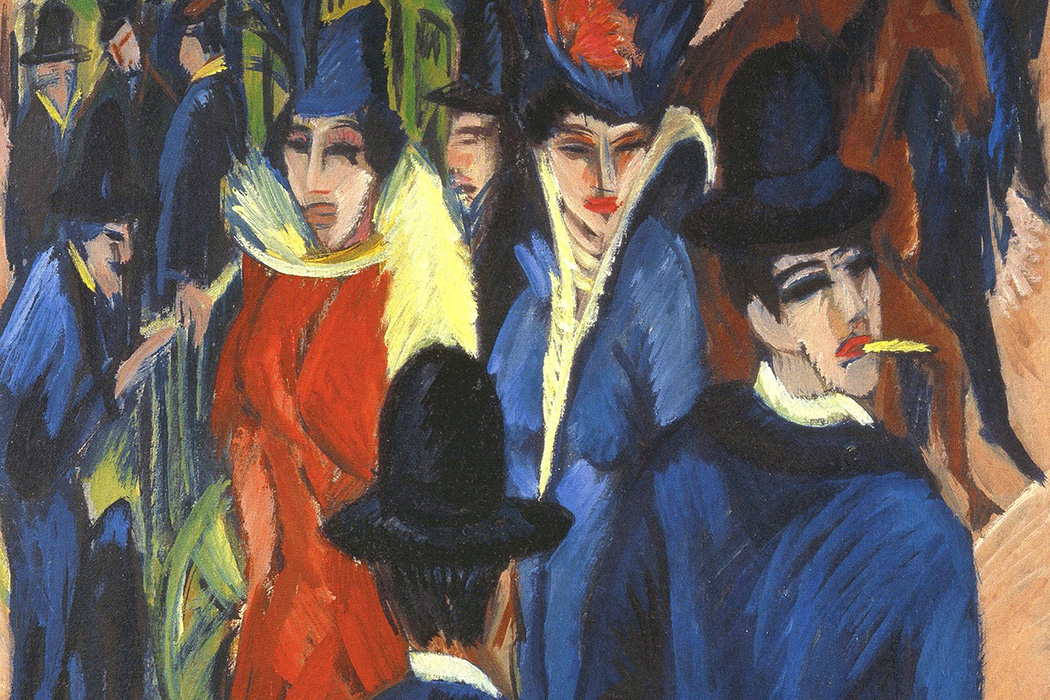
The following is the third in a multipart series. The first can be found here, the second can be found here. In Part 2 of this series of posts, I
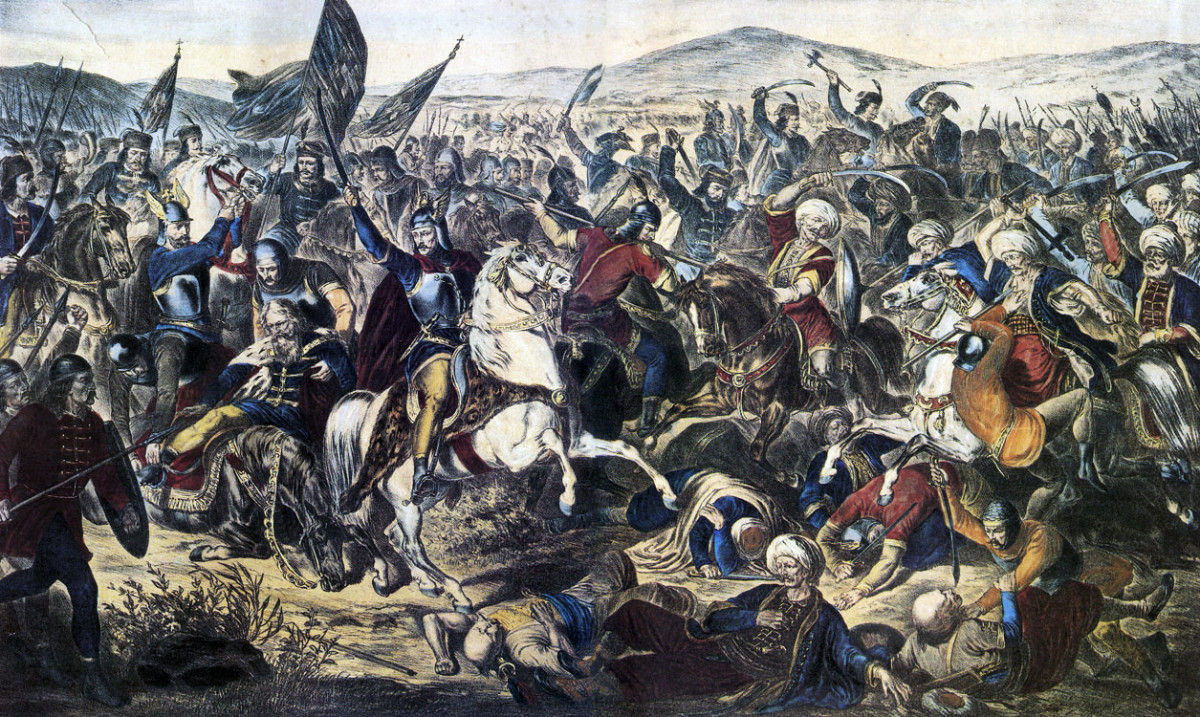
The following is the second in a multipart series. The first can be found here. In Part two of these posts, I will build on the argument with which I

Participants are invited to join us live in the ninth of a monthly series of “Critical Conversations” (Zoom webinars) with eminent scholars from around the globe. You may sign up
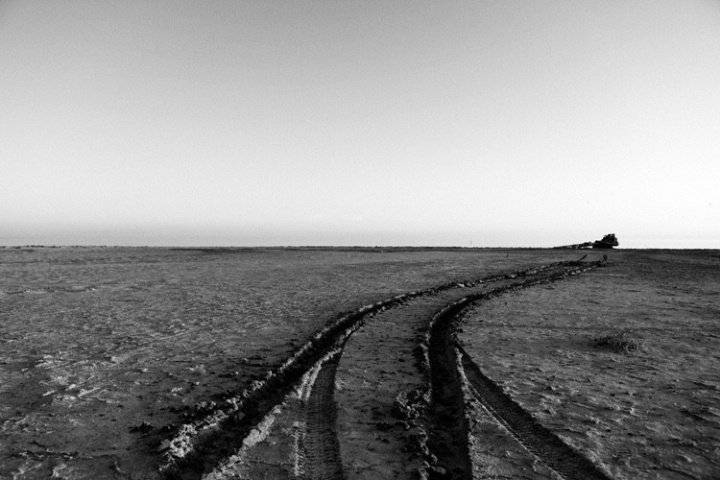
The following is the second of a two-part series. Ultimately, Donald Trump won out in the 2016 presidential election, running on a platform of reactionary populism, as opposed to Bernie
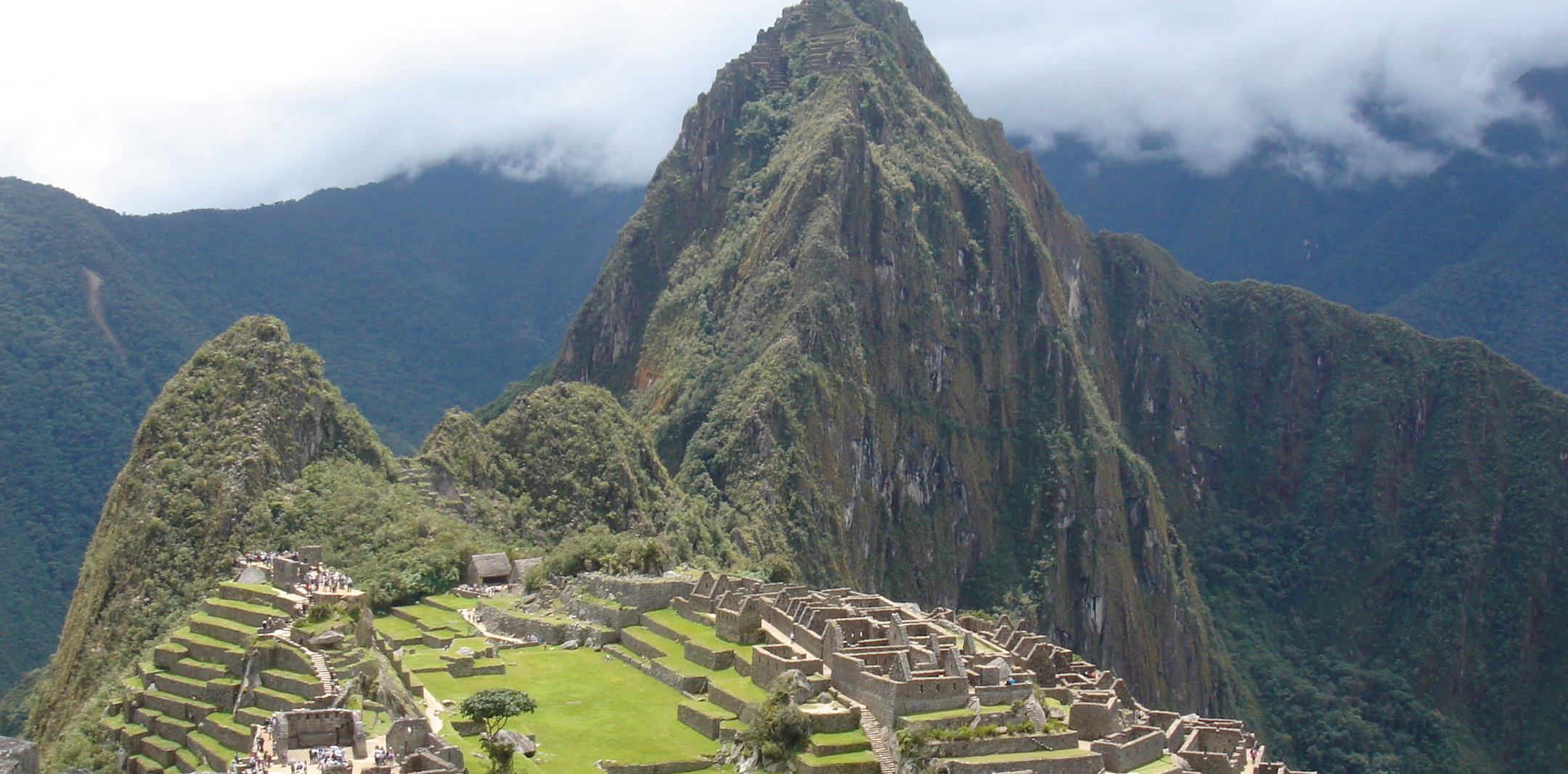
April 14-16, 2021 International Online Conference Register | Donations | Bios | Abstracts |Livestream Sponsored by The New Polis, Whitestone Publications, and Metropolitan State University of Denver in collaboration with members of the Iliff
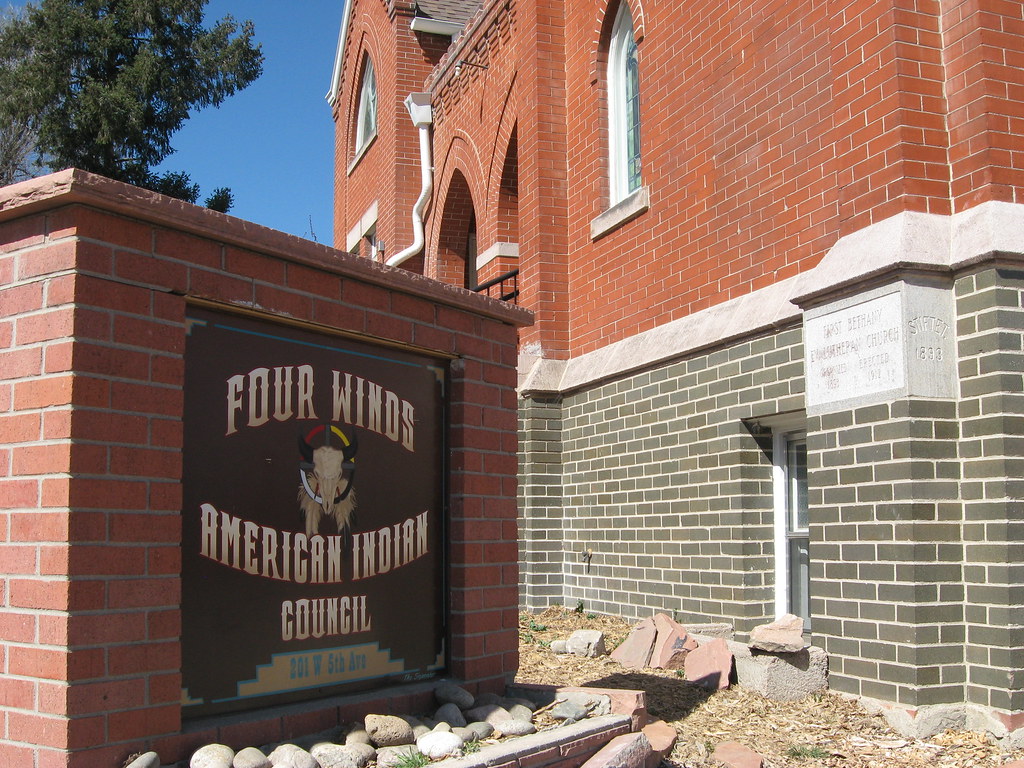
This conversation took place February 9, 2021. Full transcript is provided below. Roger Green: Hi everybody, welcome back to The New Polis for another Critical Conversation. My name is Roger
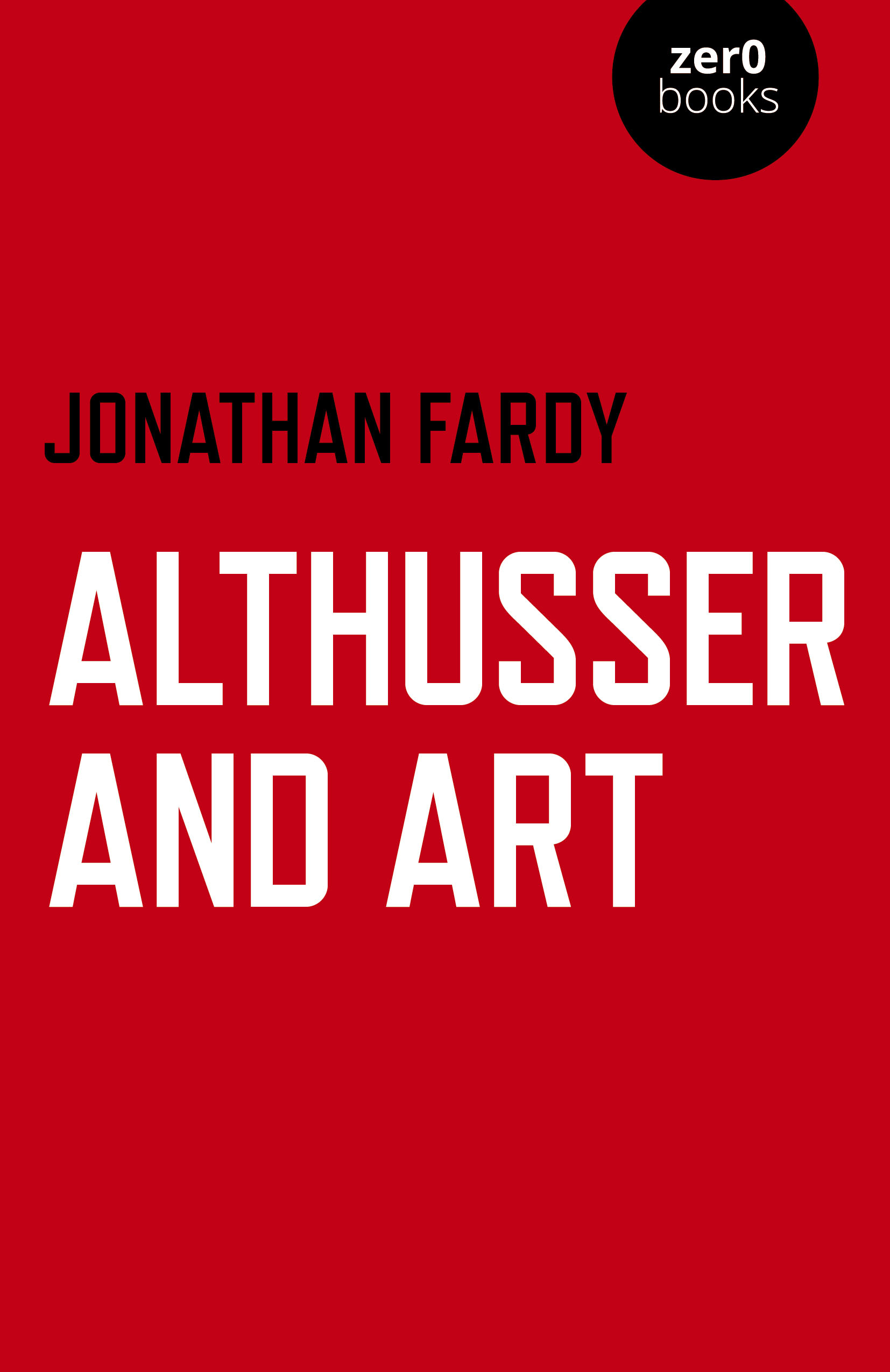
Participants are invited to join us live in the eighth of a monthly series of “Critical Conversations” (Zoom webinars) with eminent scholars from around the globe. If you are interested in
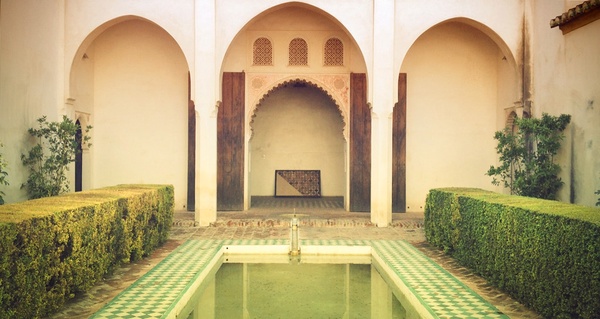
Overview The aim of this article is to foreground a praxis of non-Western diplomacy within a rubric of interplay among international relations, cultural representation and intellectual thought. The 18th century Moroccan
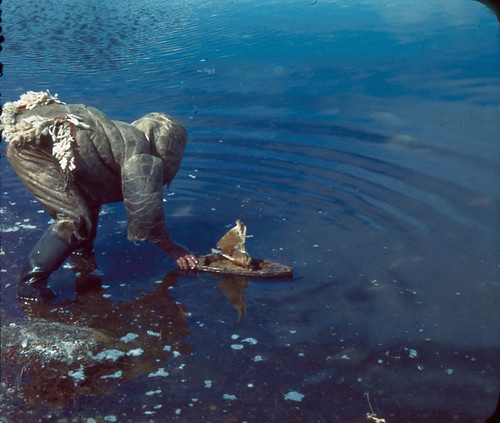
Overview Defining religion as a negotiation about “what it means to be a human in a human place,” David Chidester, in Empire of Religion: Imperialism & Comparative Religion, invites scholars of religious